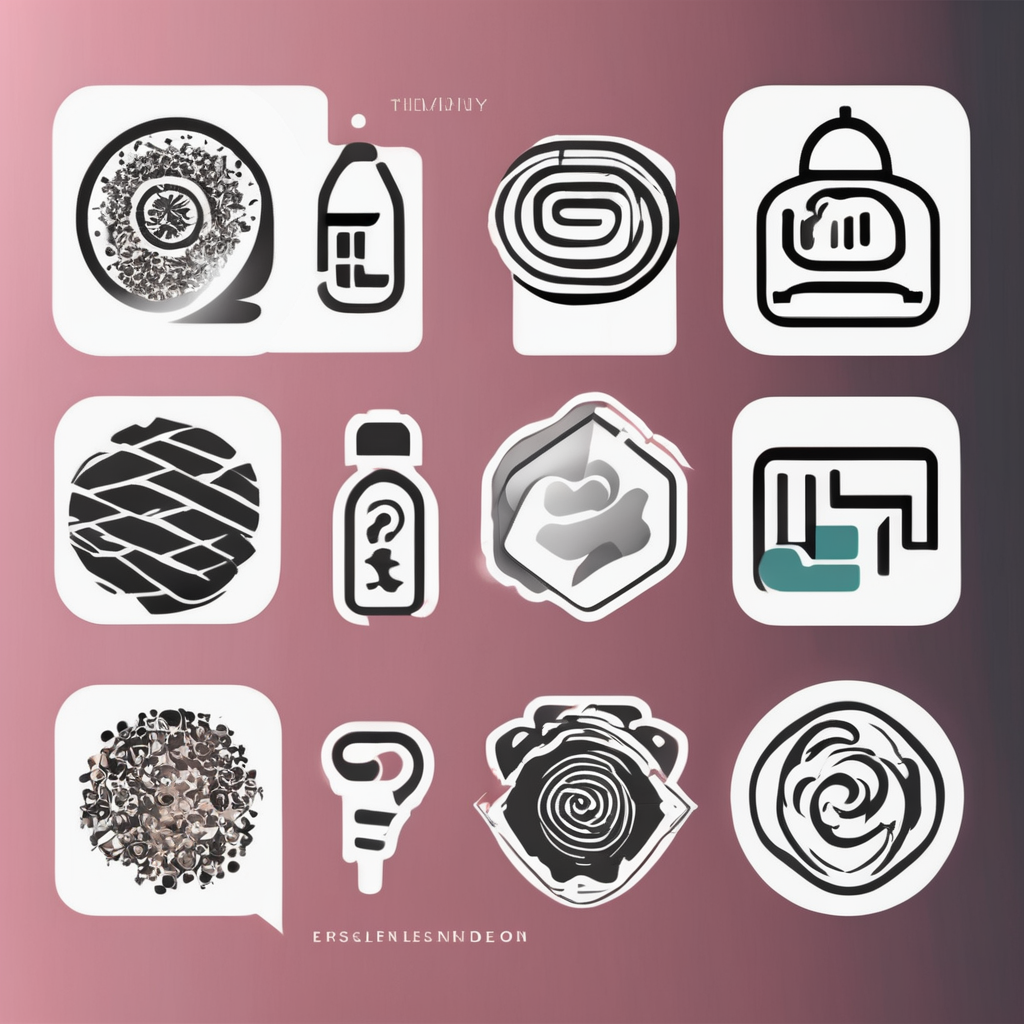Overview of Stress in Healthcare Settings
Healthcare professionals often confront stress management challenges, essential for preserving their well-being and enhancing patient care. Statistical data reveals that approximately 37% of healthcare workers in the UK experience heightened stress levels compared to other professions. The impact of stress is evident, with frequent reporting of mental fatigue, burnout, and reduced job satisfaction.
Several stressors are unique to the healthcare environment, a setting defined by unpredictable hours, emotionally demanding situations, and high stakes regarding patient outcomes. These pressures exacerbate daily, making stress management for healthcare workers pivotal.
Also to see : Discovering wellness: the enduring health benefits of the mediterranean diet for individuals in the uk
The implications of untreated stress are profound. Staff may face decreased job performance, which not only affects their health but also compromises patient safety and care quality. An exhausted healthcare worker is likely to make more mistakes, potentially leading to critical lapses.
Moreover, the healthcare environment can foster competitive atmospheres, adding another layer to stress. Addressing these issues through effective strategies becomes imperative, highlighting the need for structured stress management initiatives and support systems that can enhance resilience and job satisfaction. Understanding this environment is the first step towards integrating sustainable solutions for better mental health outcomes.
Also read : Unlock the powerful benefits of reflexology for ultimate stress relief in the uk
Effective Stress Relief Techniques
Understanding and applying stress relief techniques can immensely help healthcare workers manage the pressures they face. Incorporating evidence-based practices not only aids in stress reduction but also promotes overall well-being.
Mindfulness and Meditation
Mindfulness involves maintaining a moment-by-moment awareness, significantly benefiting healthcare professionals by enabling clearer focus and reducing anxiety. Simple meditation techniques, such as mindful breathing or guided imagery, can be integrated during shifts to combat stress effectively. Research indicates that mindfulness can enhance emotional regulation and resilience, making it a potent tool in stress management.
Physical Activity and Exercise
Regular physical activity is pivotal in reducing stress. Engaging in short routines, such as brisk walking or stretching, can fit into busy schedules and mitigate stress symptoms. Case studies show healthcare professionals experiencing improved mood and reduced burnout through consistent exercise, showcasing its importance.
Peer Support and Team Building
Peer support plays a vital role in alleviating workplace stress. Sharing experiences and building camaraderie through team-building exercises boosts morale. Testimonials highlight the strength of support networks in fostering a sense of belonging and reducing stress levels, revealing the effectiveness of these practices.
Time Management Strategies
Effectively managing time significantly reduces workload pressure for healthcare professionals. Implementing practical techniques can lead to more efficient use of limited work hours. Begin by identifying tasks with the highest priority to improve productivity. A technique known as the Pareto Principle, or the 80/20 Rule, suggests focusing efforts on the 20% of tasks that yield 80% of outcomes. By prioritizing critical tasks, healthcare workers can decrease stress-inducing workloads.
For maintaining optimal productivity, consider using structured planning tools such as digital calendars or task management apps. These tools facilitate organized scheduling and ensure important duties are completed promptly. Furthermore, setting aside specific times for breaks can prevent mental fatigue, ultimately enhancing performance and reducing stress.
Studies underscore the link between well-practiced time management and reduced stress levels, showcasing quantifiable reductions in anxiety and tension among professionals. Healthcare workers who implement time management strategies often experience enhanced job satisfaction and a better work-life balance.
Incorporating these methods can transform the healthcare environment into a more efficient, less stressful space. Tailoring time management to individual needs ensures greater control over daily tasks, effectively minimizing stress associated with unpredictable workloads.
Mental Health Resources
The availability of robust mental health support is crucial for healthcare workers facing debilitating stress. Access to such resources can play a transformative role in managing stress effectively. Within the UK, healthcare professionals have several options, from counselling services to specialised support networks, designed to address the unique challenges of the healthcare environment.
Professional support is vital in the *stress management journey, particularly when self-directed techniques are insufficient. Engaging with mental health professionals provides a structured approach to understanding and overcoming stress. It ensures healthcare workers do not navigate these challenges in isolation, offering a secure platform for expression and advice.
Counselling services are accessible through both workplace initiatives and national health systems, making them an invaluable resource for healthcare workers seeking guidance. Often, organisations have a dedicated mental health team or partnerships with external resources, simplifying the process of looking for help.
Accessing these services typically involves contacting the human resources department or using dedicated employee support programs, ensuring confidentiality and tailored assistance. Equipping healthcare workers with knowledge on how to use these systems empowers them to take proactive steps toward maintaining their mental well-being, ultimately improving both their personal and professional lives.


